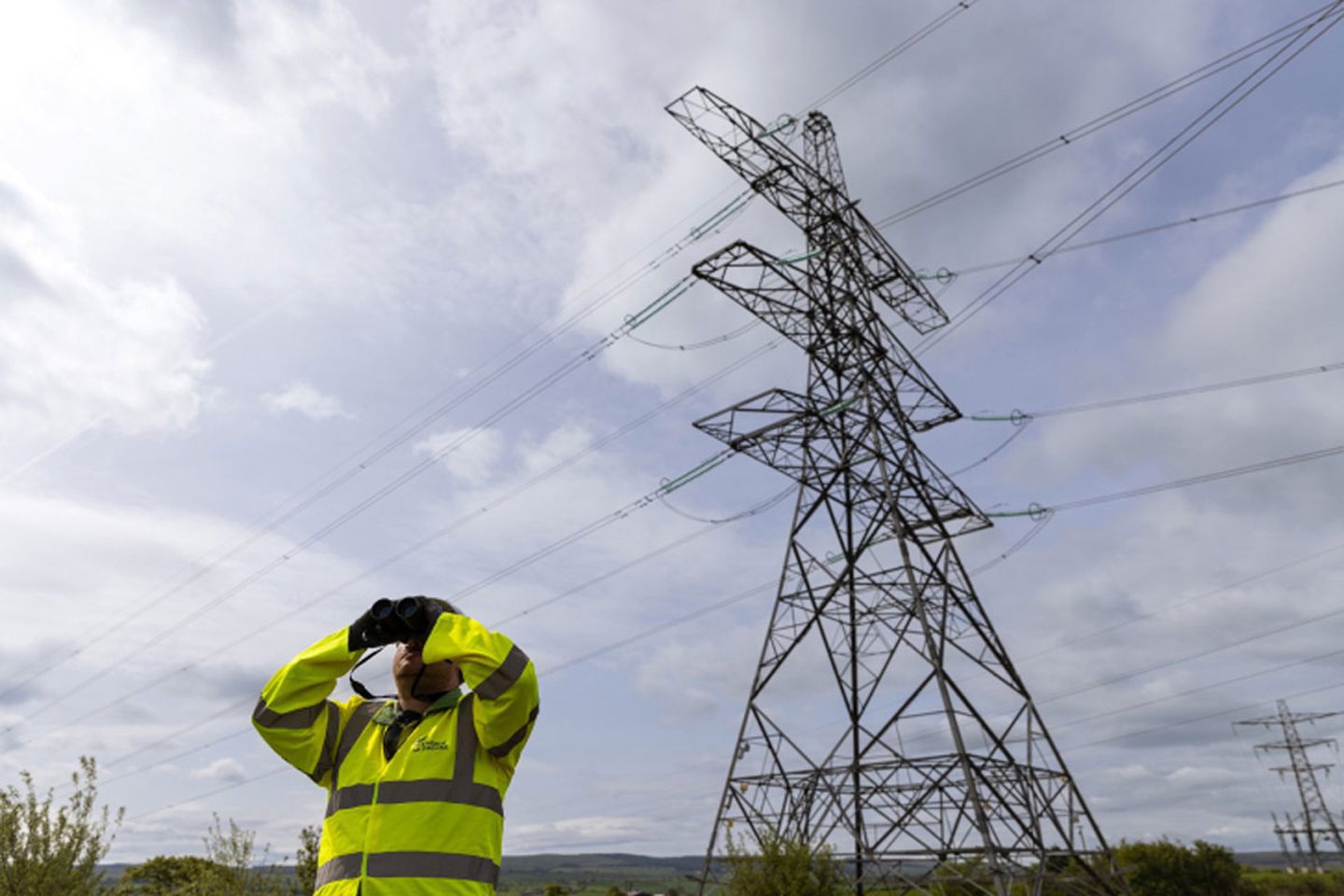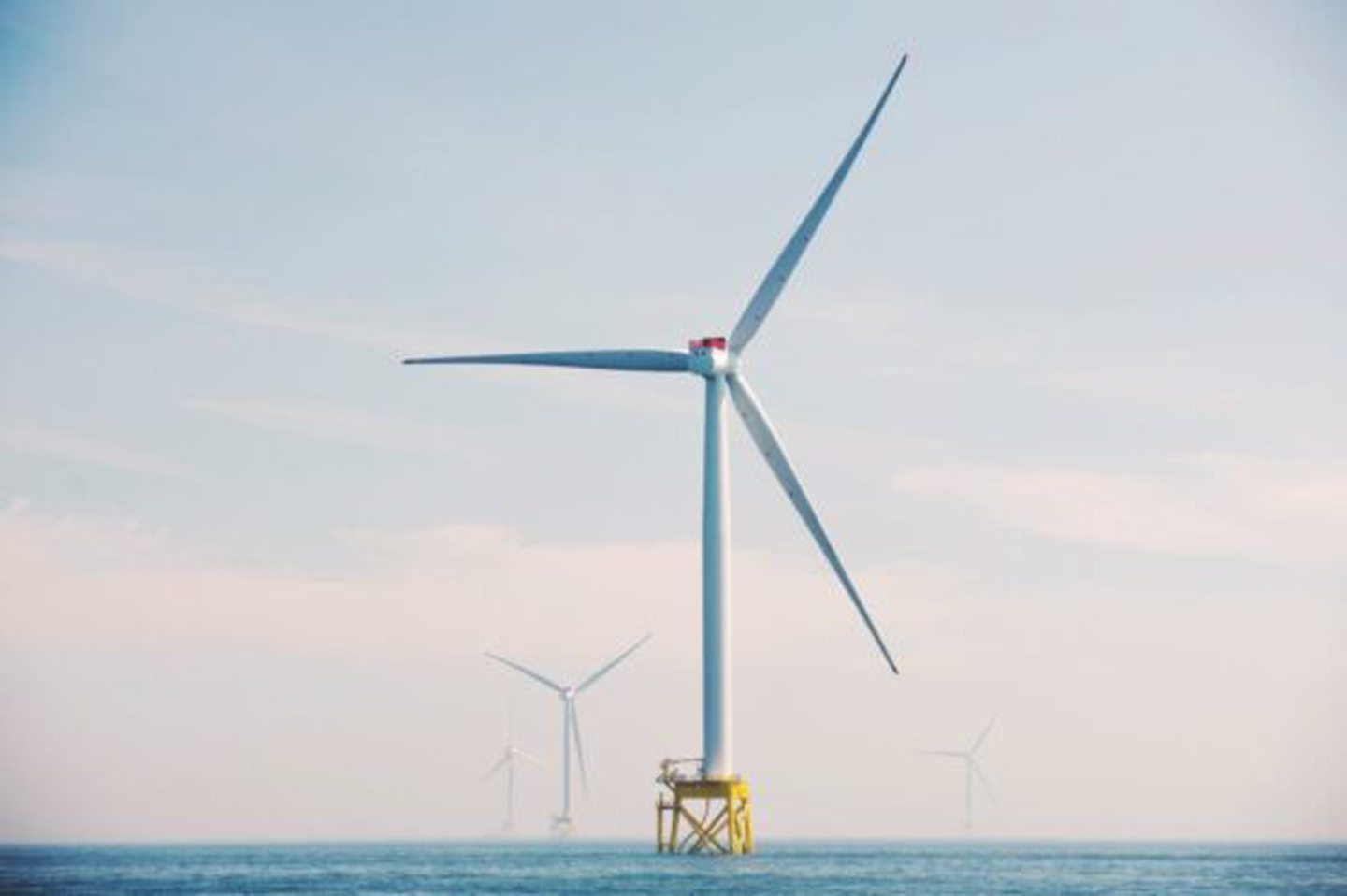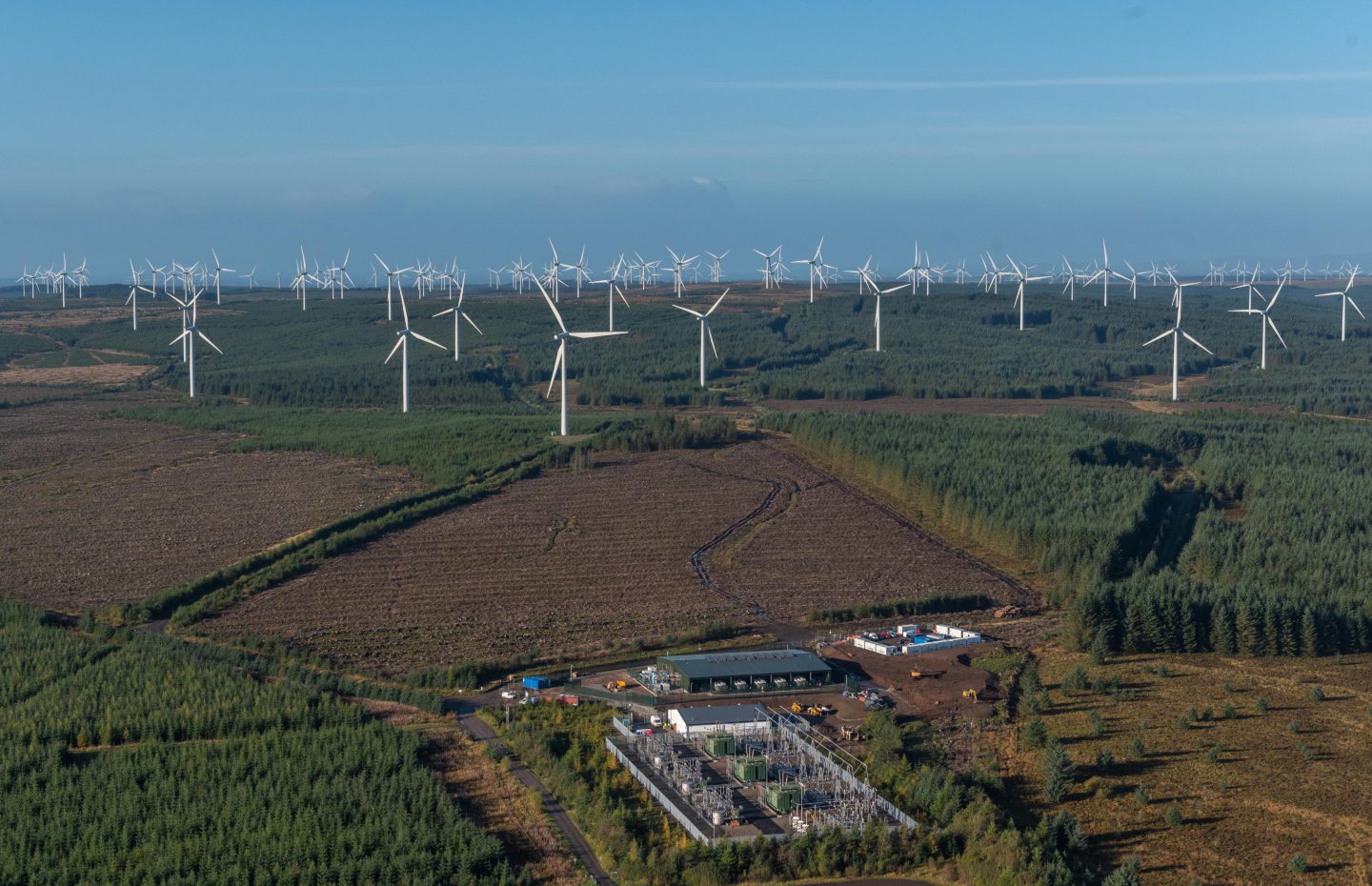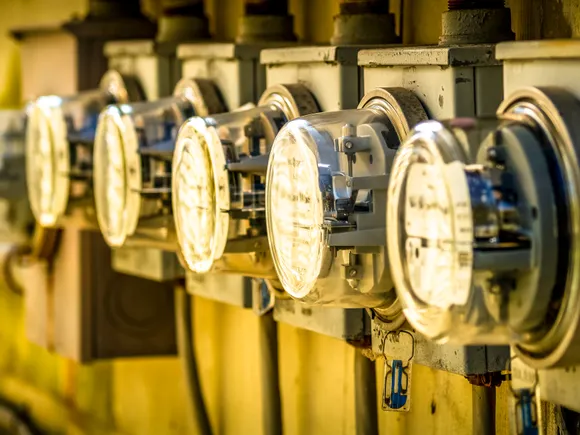The UK will need to invest heavily in renewable energy and upgrading the grid to meet growing electricity demand despite a growing political pushback against net zero efforts, the chief of executive of ScottishPower has said.
Speaking at the opening of the All-Energy conference in Glasgow, Keith Anderson said UK electricity demand is set to double “no matter your politics”.
His comments come after a swathe of electoral victories by Reform UK in local elections in England which have raised alarm bells in the clean energy sector.
Conservative leader Kemi Badenoch has also said it will be “impossible” for the UK to meet its net zero by 2050 target.
But Anderson said the UK needs to continue its energy transition investments because of the “overwhelming consensus” that electrification is becoming “unstoppable”.
“Electrification of our economy is critical for energy security, national security, economic growth, the health and wealth of our country, and net zero will come as a result of that electrification,” he said.
 © Image: SP Energy Networks
© Image: SP Energy Networks“No matter your politics, electricity demand will double.
“Britain needs the right infrastructure to support it, or we get left behind.”
Alongside calls for the UK government to abandon the possible introduction of zonal electricity pricing, Anderson hit out at suggestions that net zero is “doomed to fail”.
He said the UK “still has a brilliant pipeline of opportunities” despite a recent announcement that Danish developer Orsted will not proceed with its Hornsea 4 offshore wind project.
‘Go big or go home’ on AR7
Amid these setbacks, he said the UK needs to “go big or go home” in the upcoming seventh Contracts for Difference (CfD) allocation around (AR7).
“To hit the clean power 2030 targets, [AR7] has to be the most successful auction in our history,” he said.
Anderson called on the UK government to step back from suggestions it could allow “immature” offshore wind projects without planning consent to bid into AR7.
“It might look good, it might look [like] we’re getting more renewables into the system, but it’s a short-term sugar rush,” he said.
 © Supplied by Scottish Power
© Supplied by Scottish Power“Changing the goal posts of AR7 will only create unintended consequences. Premature bidding into auctions increases the risks of projects failing to get over the line.”
On grid investment, Anderson pointed to ScottishPower recently taking down the last remaining section of Scotland’s oldest transmission line, which was over 100 years old.
“We’ve been the lucky generation,” he said.
“We’ve been living off the investment and the engineering excellence of our grandfathers.
“But now it’s critical that we invest and build a system for our children and grandchildren.”
Local government key to net zero
Echoing Anderson’s comments on the fracturing political consensus around net zero, Glasgow City Council leader Susan Aitken said local government has a key role to play.
Aitken said she “profoundly” disagrees with the net zero scepticism put forward by Reform UK following its recent local election wins.
“We are in a context of ever tightening squeezes on public finances, on public services, on budgets and rising demands at the same time,” Aitken said.
“And so the notion that’s being put forward by the big winners of the most recent elections south of the border, that local government has no place in the climate agenda is going to appear very seductive to a lot of people.
 © Supplied by Scottish Enterprise
© Supplied by Scottish Enterprise“Especially those who have really felt the rough end of the cost of living crisis and the years of austerity. There is real danger there.”
To keep public support for net zero action, Aitken said people needed to see “action and delivery” at the local level.
“If you look at polling across the UK… a majority of citizens in the UK do support climate action, they do support a transition to a clean energy future,” she said.
“But a tiny minority of them, and single figures of percentages, say they believe that they’re seeing the benefits of that transition in their own homes and in their own communities.
“And actually, they’re probably right because we know that communities aren’t yet seeing and feeling those benefits that we know that climate investment can deliver for them.”
Aitken said that until communities experience those benefits, the “risk to our shared progress on delivering a clean and sustainable future for us all, it is intensifying”.
Community benefit in the energy transition
The need for societal and community value in the energy transition was echoed by GB Energy chairman Juergen Maier.
The UK and Scottish governments today unveiled an £8 million to support the development of community-owned energy projects in Scotland, with £4m coming from GB Energy.
It came alongside a £300m funding commitment from GB Energy for offshore wind supply chains announced earlier this year, and Maier said a focus for the publicly owned firm will be ensuring greater local benefit from energy projects.
While the UK has had some success in developing local supply in offshore wind, such as the development of a blade factory in Hull, Maier said overall the country “didn’t do the best job of bringing more of that supply chain and that technology to the UK”.
“The best way to bring more to the UK is to focus on doing it with some of our new technology areas,” he said.
“I think there is greater potential for more local supply chain in floating offshore wind, in tidal technologies, in long duration storage, hydrogen, carbon capture etc.
“It is critically important we do that, we accelerate that, because only by doing that can we help make sure that the just transition really is a just transition.”




















